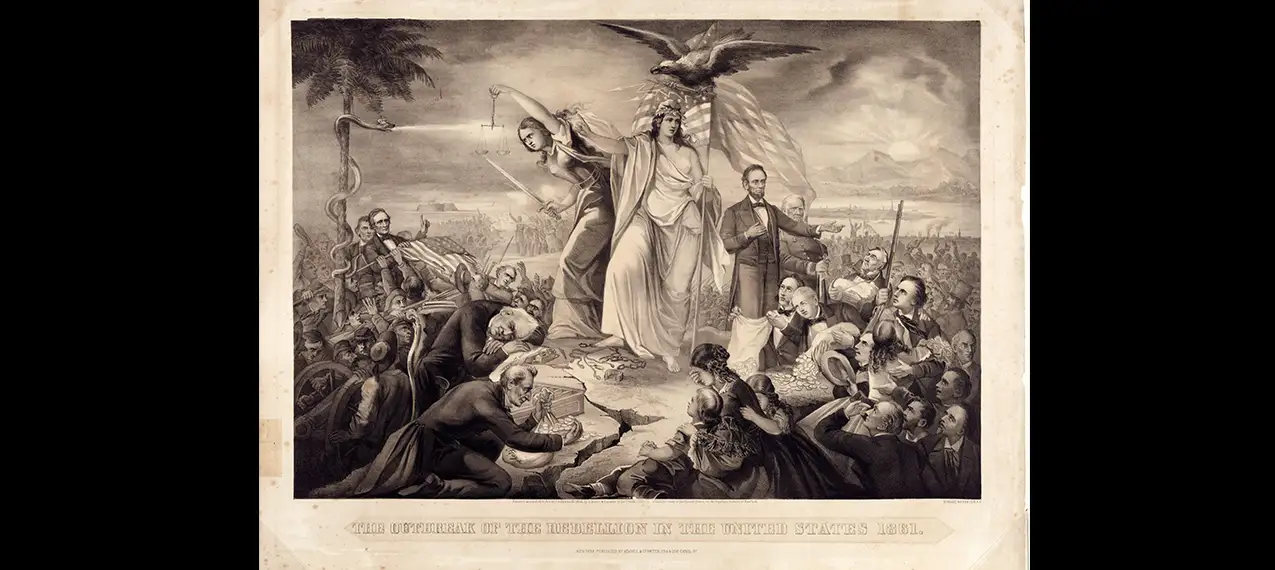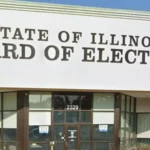
As the Supreme Court prepares to consider the Colorado Supreme Court’s decision to remove Donald Trump from the ballot, interest in the Fourteenth Amendment has skyrocketed. Rhetoric has become heated, with both sides warning of a constitutional crisis in the event of a wrong decision. Legal experts across the country have weighed in, submitting amicus curiae briefs examining the question from a myriad of angles. (Read Landmark’s brief here.) One significant brief came from Akhil and Vikram Amar, law professors at Yale and Cal-Davis, respectively. The Amars’ brief avoids the hyperbole that has often accompanied this case and makes a clear argument that the Supreme Court should uphold Colorado’s decision. Their argument, however, falls short in a few key regards by making a false equivalence between Trump’s actions following the 2020 election and the events leading up to the Civil War. They ignore several critical distinctions, and the Supreme Court should not be swayed by their argument.
The Amars’ argument rests on their claim that America experienced two insurrections during the 1860’s. In addition to the Civil War, they claim actions taken by officials in the Buchanan administration, most notably Secretary of War John Floyd, constitute a “first insurrection” distinct from the war that broke out after Fort Sumpter. In the months after Abraham Lincoln’s election, Floyd used his position in the cabinet to strengthen the south’s military position for a future conflict with the union, removing federal troops from key forts controlling Mobile, Pensacola, Savannah, and New Orleans. The Amars use this example to claim that insurrection need not necessarily involve the use of violence. Even if Floyd had never then taken up arms for the Confederacy (which he did, commanding troops in West Virginia and Tennessee) his abuse of his cabinet post would have been enough to bar him from office under the Fourteenth Amendment.
Although few would argue with the Amars’ characterization of Floyd, their argument breaks down when they suggest that his actions are comparable to Trump. They claim that “Floyd’s misconduct also reminds us that engaging in insurrection, and giving aid or comfort to insurrection and insurrectionists, often involves a complex combination of devious actions and inactions.” They go on to equate Trump’s actions on January 6th with Floyd’s in 1860.
This is an apples to oranges comparison. Their distinction between the first and second insurrections of the 1860’s obscures the fact that Floyd’s actions before the war were only objectionable because they occurred in the prelude to a conflict in which he planned to side against the union. That, as secretary of war, Floyd removed troops from certain forts is not inherently treasonous. In peacetime such an action could have been a legitimate exercise of his office. The Amars’ rightfully observe that it was the context of the oncoming succession crisis that made Floyd’s non-violent actions a betrayal of his office. When Floyd was unsuccessful advancing the cause of the Confederacy as a covert agent in the Buchanan administration, he resigned his position and took a commission in the Confederate army. Whatever you think of Trump’s conduct, it is absurd to compare it with Floyd’s. Trump has spent the past three years working to advance his political cause within the constitutional system, undermining the Amars’ assertion that January 6th was the first step in a plot to overthrow the Constitution.
What Trump did on January 6th was encourage his supporters to peacefully demonstrate outside a constitutional proceeding. Although his views and those of his supporters were a minority, he encouraged them to advocate for those views in a lawful manner. When the Senate certified the election results, he did not raise arms against the new administration as Floyd and his co-conspirators did. Instead, he went about seeking to be lawfully elected in 2024. Imagine Jefferson Davis giving a passionate speech denouncing the election of Abraham Lincoln and then quietly going home to Mississippi and challenging Lincoln in the election of 1864. Bad politics this may be, but this is a far cry from insurrection.
The Amars’ argument, like so many others, falls flat by overstating the case against Donald Trump. It is worth reading to get a sense of the other side’s arguments, but it should not persuade anyone with a basic knowledge of the events of the Civil War.
SUPPORT LANDMARK LEGAL FOUNDATION
We are truly facing existential threats to our individual rights and liberties, the Constitution, and our national character. If unchallenged, this assault on our very way of life will ruin our great nation. With your financial and moral support, Landmark is not going to let that happen without a fight. Will you join us?
JOIN OUR MAILING LIST
Never miss an update from Landmark Legal Foundation as we continue the fight to preserve America’s principles and defend the Constitution from the radical left.
Landmark will NEVER share your contact information and we will not flood your inbox.





